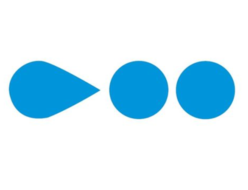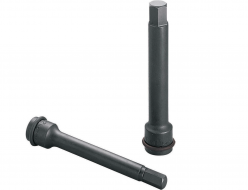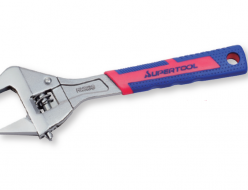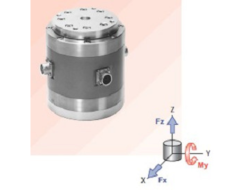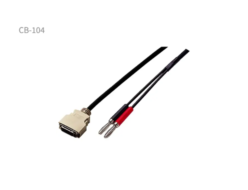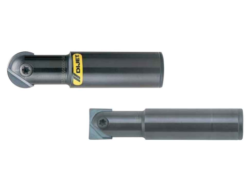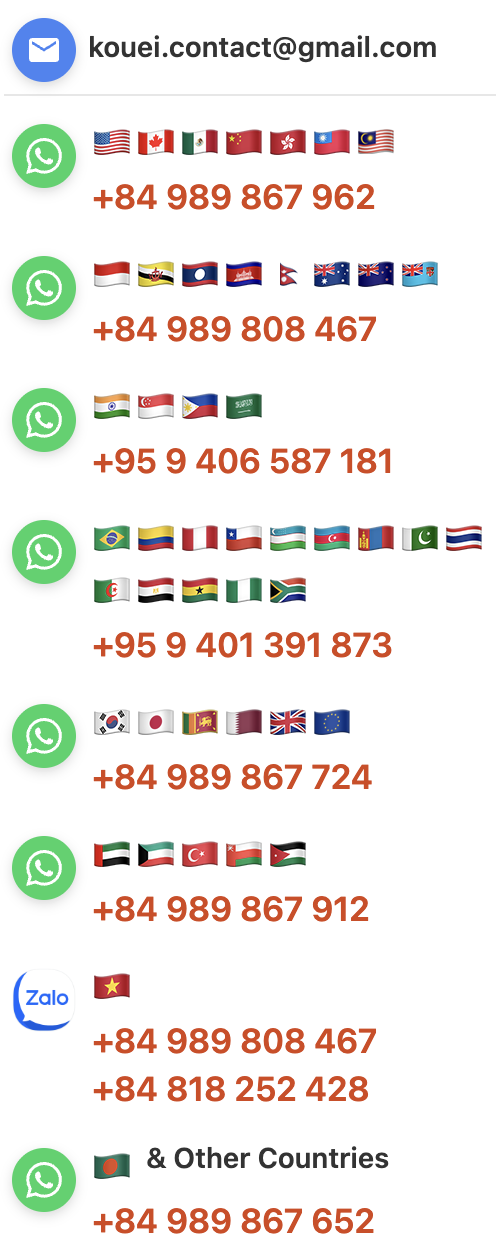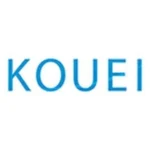EIKOH, Japan
EIKOH Electric Furnace, Heater, Insulation Material
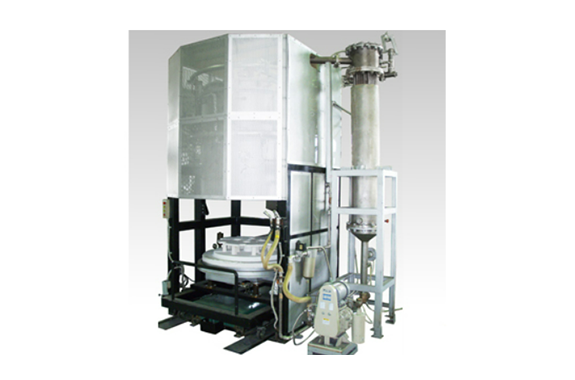
Made in Japan
Manufacturer: Eikoh Co., Ltd.
The electric furnaces we manufacture do not have standard specifications. This is because we create specifications that meet the customer’s needs.
First, please tell us your needs. We will propose specifications based on those needs. In addition to
new furnaces, we also provide furnace body maintenance and sell furnace component parts.
Furnace body example
Batch Type
Batch furnaces are suitable for small-lot, multi-product production. They are characterized by the ease of achieving uniform temperature and creating the right atmosphere.

Continuous Type
A continuous furnace is an electric furnace for mass production. The workpiece is fired while moving through a tunnel-shaped furnace.
The method of moving the workpiece varies depending on the product and conditions being produced.
Repair work
We also undertake repair work for existing electric furnaces, including
replacing insulation, replacing heaters, and repairing thermocouples.

Construction examples
 (We handle a variety of firebricks, insulating bricks, ceramic insulating boards, wool, and blankets.)
(We handle a variety of firebricks, insulating bricks, ceramic insulating boards, wool, and blankets.)
Teflon Heater (Raku-Raku Heat)
Maximum operating temperature: 80°C. Used for heating acid and alkaline solutions. Customizable to fit the shape of the tank.
Various Metal Heaters
Suitable for resin molding dies, air conditioning, various testing equipment, and drying. Available in a variety of specifications and sizes to meet your needs.
Kanthal Wire
Known worldwide as a resistance heating element in electric heating, used in heating devices and industrial furnaces. The iron-chromium-aluminum alloy, also called Kanthal or Kanthal wire, is part of this category.
SiC Heating Element
Operates at high temperatures up to 1400°C. It generates more heat per unit area than nichrome wire, heats up quickly, has a long lifespan, and is easy to use. Widely used in processes such as firing electronic components, sintering powdered metals, annealing cotton material, and melting glass.
Molybdenum Disilicide
Made of a dense cermet material with a metal base, forming an oxide layer on the surface. Usable in air and various atmospheres, it operates up to 1800°C in air and can function intermittently or continuously in an oxidizing atmosphere.
Insulation

RCF (Refractory Ceramic Fiber)
An alumina-silica ceramic fiber subject to RCF regulations.
Biosoluble Fiber
A fiber primarily composed of silica, calcia, and magnesia. Developed as an environmentally friendly alternative to RCF.
Alumina Fiber
A polycrystalline mullite ceramic fiber manufactured using sol-gel technology, known for its excellent heat resistance.
Firebricks
A non-metallic inorganic material used in the high-temperature parts of various kilns. Its main components are high-melting-point metal oxides, and there are many types depending on the combination.
Siliglass
A high silicate glass fiber with 96% or more SiO2. It can withstand long periods of continuous use at high temperatures of 1,000°C, unlike ordinary glass fiber, rock wool, and asbestos. Due to its thermal durability, chemical stability, and electrical insulation properties, Siliglass has found wide applications. We offer various products, including cloth, tape, sleeves, rope, yarn, mats, and wool.
Alumina Long Fiber
Nichibialf, a continuous alumina fiber, consists of 72% Al2O3 and 28% SiO2, with a fiber diameter of 7 to 10 microns. Made from fine crystal particles, it is highly flexible and can be processed into various products such as cloth and sleeves without reinforcement with other fibers. Nichibialf features excellent heat resistance, processability, high strength, high elasticity, and electrical insulation, making it suitable for a wide range of applications.

